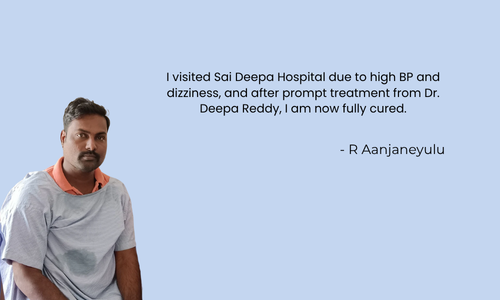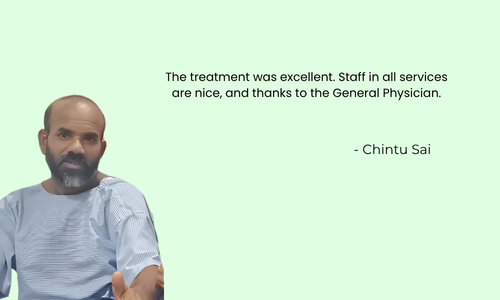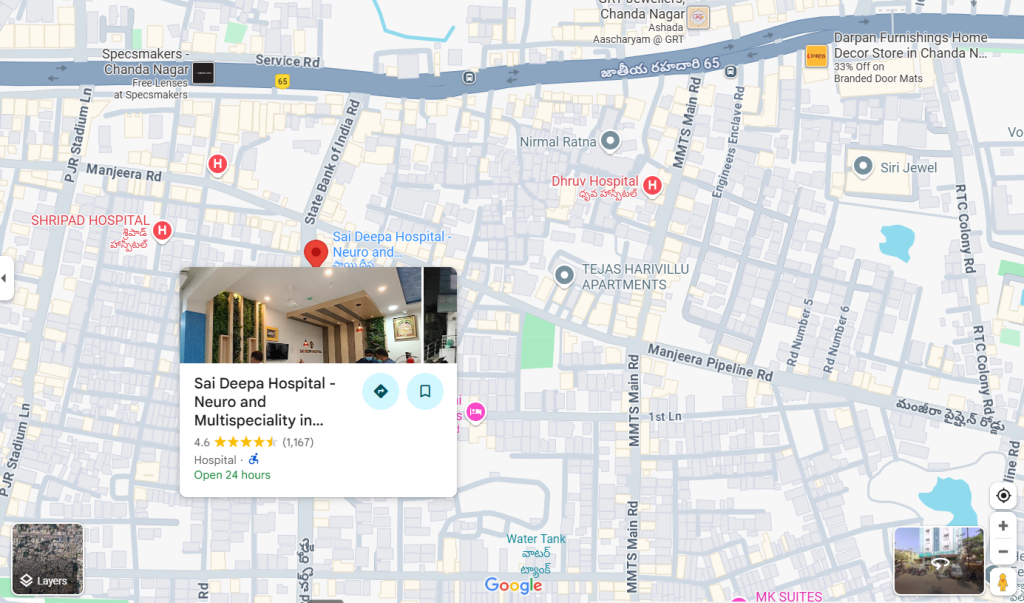Best Umbilical Hernia Surgery in Hyderabad
- Home
- Best Umbilical Hernia Surgery in Hyderabad
Best Umbilical Hernia Surgery in Hyderabad
Umbilical Hernia is a condition that many people experience but often ignore until it becomes uncomfortable or risky. It occurs when part of the intestine, fat, or tissue bulges through a weak spot near the belly button (navel). While some umbilical hernias are harmless, others may require timely medical care and surgery to avoid complications. At our hospital, we specialize in diagnosing and treating all types of hernias with advanced techniques, ensuring faster recovery and long-term relief.
Book Free Appointment
1L+
Happy Customers
25+
Qualified Doctors
50
Rooms
5000+
Successful Surgeries
Free
Consultation
24/7 Ambulance
Facility
Insurance
Claim Support
What is an Umbilical Hernia?
An umbilical hernia is a swelling or bulge in the belly button area caused by weakened abdominal muscles. In children, it happens when the abdominal wall does not close properly after birth. In adults, it can develop due to increased abdominal pressure from heavy lifting, obesity, pregnancy, or chronic cough.
Unlike some minor hernias that may shrink in children, umbilical hernias in adults usually require medical intervention.

Dr. Sasidhara Roa A
MBBS, MS
5000+ Successful Surgeries
11+ Years of experience
Dr. Sasidhara Rao A. is an experienced General and Laparoscopic Surgeon at Sree Sai Deepa Hospitals, Chandanagar, with over 11 years of expertise and 5000+ successful surgeries. He specializes in laparoscopic, laser, and microscopic surgeries, treating conditions like piles, fissures, varicose veins, and gallbladder issues.
Doctor’s Fellowships:
Fellowship - International Society of Coloproctology
Fellowship in Intimate Health
Fellowship in Diagnostic Endoscopy
Who Does Umbilical Hernia Affect?
Umbilical hernias can affect both children and adults.
- Infants: It is most common in newborns, especially premature babies, due to incomplete closure of the abdominal muscles at birth.
- Adults: People above 40, women who had multiple pregnancies, overweight individuals, and those doing heavy lifting are at higher risk.
This means that while parents need to watch out for symptoms in babies, adults should not ignore signs of bulging or discomfort in the navel region.
How Common are Umbilical Hernias?
Umbilical hernias are very common worldwide. Around 20% of newborns may develop one, although most resolve naturally by the age of 3–4 years. In adults, the condition is less frequent but often more serious since it usually requires surgical treatment.
What are the Symptoms of an Umbilical Hernia?
The most noticeable sign is a soft bulge or swelling near the navel, which may become more visible when coughing, laughing, or straining. Other symptoms include:
- Pain or tenderness around the belly button
- A feeling of pressure in the abdomen
- Swelling that gets larger when standing or straining
- In severe cases, nausea, vomiting, or difficulty passing stools (a sign of a trapped hernia)
If you notice these symptoms, especially pain and vomiting, you should seek immediate medical care, as it may indicate a complication.
Get your surgery cost
What is the Main Cause of Umbilical Hernia?
Umbilical hernias occur due to weakness in the abdominal wall.
- In babies, this weakness happens naturally if the opening around the umbilical cord does not close properly.
- In adults, the causes may include obesity, multiple pregnancies, fluid in the abdomen, chronic cough, or frequent heavy lifting.
Does an Umbilical Hernia Need Treatment?
- In children, small hernias often close by themselves by age 3–4, and doctors may recommend observation.
- In adults, treatment is usually necessary because the hernia does not go away on its own and can lead to serious problems like strangulation, where blood supply to the trapped intestine is cut off.
Accreditations

Saideepaneurocare Hospitals is NABH certified, a mark of excellence in patient safety and care. We follow stringent healthcare protocols and maintain world-class hygiene standards.

We are ISO 9001 certified, ensuring the highest standards in quality management and patient care. This certification reflects our commitment to efficient processes and continuous improvement in healthcare services.
How is an Umbilical Hernia Diagnosed?
Doctors can usually diagnose an umbilical hernia with a physical examination. In some cases, imaging tests like ultrasound, CT scan, or MRI may be suggested to check for complications and to confirm the size of the hernia.
What is the Best Treatment for Umbilical Hernia?
The most effective treatment for adults is surgery. There are two main approaches:
- Open Surgery: The surgeon makes a small incision near the navel, pushes the hernia back in, and repairs the abdominal wall with stitches or mesh.
- Laparoscopic Surgery: A minimally invasive method where small cuts are made, and the hernia is repaired using a camera-guided technique. This option often ensures faster recovery, less pain, and smaller scars.
Our hospital offers both procedures, with a preference for minimally invasive laparoscopic surgery whenever possible.
What Will Happen if an Umbilical Hernia is Left Untreated?
Ignoring an umbilical hernia can lead to complications:
- Strangulation: The blood supply to the trapped intestine is cut off, leading to severe pain, nausea, and vomiting. This is a medical emergency.
- Bowel Obstruction: The intestine may get blocked, causing constipation and abdominal swelling.
- Infection: If left untreated, trapped tissue can become infected, leading to life-threatening complications.
This is why timely treatment is essential.
Sai Deepa Hospital - Neuro and Multispeciality
Plot no 387, Church road, Huda colony, Chanda Nagar, Hyderabad – 500050
What are the Surgical Options for Umbilical Hernia?
- Herniorrhaphy (Open Repair): Simple stitching of the abdominal wall, usually done for small hernias.
- Mesh Repair: A surgical mesh is placed to strengthen the weak area and reduce the risk of recurrence.
- Laparoscopic Repair: A modern, minimally invasive approach with quick recovery.
At our hospital, our experienced surgeons use the latest technology to ensure safe and successful outcomes for all hernia patients
Which is the Best Hospital for Umbilical hernia Surgery in Hyderabad
At our hospital, we provide personalized care, advanced laparoscopic surgery, and expert post-operative support. Our skilled surgeons have years of experience in treating hernias with high success rates. We focus on patient comfort, fast recovery, and affordable treatment options.
If you or your loved one is experiencing symptoms of an umbilical hernia, don’t wait for complications. Book a consultation today and get expert guidance on the best treatment tailored to your needs.
Where to get the best Umbilical hernia Surgery in Chandanagar, Hyderabad?
📍 Sai Deepa Hospitals, Chanda Nagar, Hyderabad
📞 Call or WhatsApp: +91-7093762716
🌐 www.saideepaneurocare.com
Best Umbilical hernia Surgery Doctor in Chandanagar | Best Umbilical hernia Surgery Doctor in Miyapur | Best Umbilical hernia Surgery Doctor in Kukatpally | Best Umbilical hernia Surgery Doctor in Hyderabad
Patient Reviews



FAQ's on Umbilical hernia Surgery
1. When to worry about an umbilical hernia in adults?
If you experience pain, swelling, or vomiting along with a bulge near your navel, seek medical attention immediately.
2. Can you heal an umbilical hernia without surgery?
In children, small hernias may close naturally. However, in adults, surgery is the only permanent cure.
3. What happens if an umbilical hernia goes untreated?
It can lead to strangulation, bowel blockage, or infection, all of which require emergency surgery.
4. What size of umbilical hernia needs surgery?
Generally, hernias larger than 1.5–2 cm in adults or those causing symptoms should be repaired surgically.
5. What is the recovery time for an umbilical hernia?
Most patients return to normal activities within 1–2 weeks after laparoscopic surgery and 3–4 weeks after open repair.
6. How to prevent an umbilical hernia from getting worse?
Maintain a healthy weight, avoid heavy lifting, treat chronic cough or constipation, and follow your doctor’s advice.


